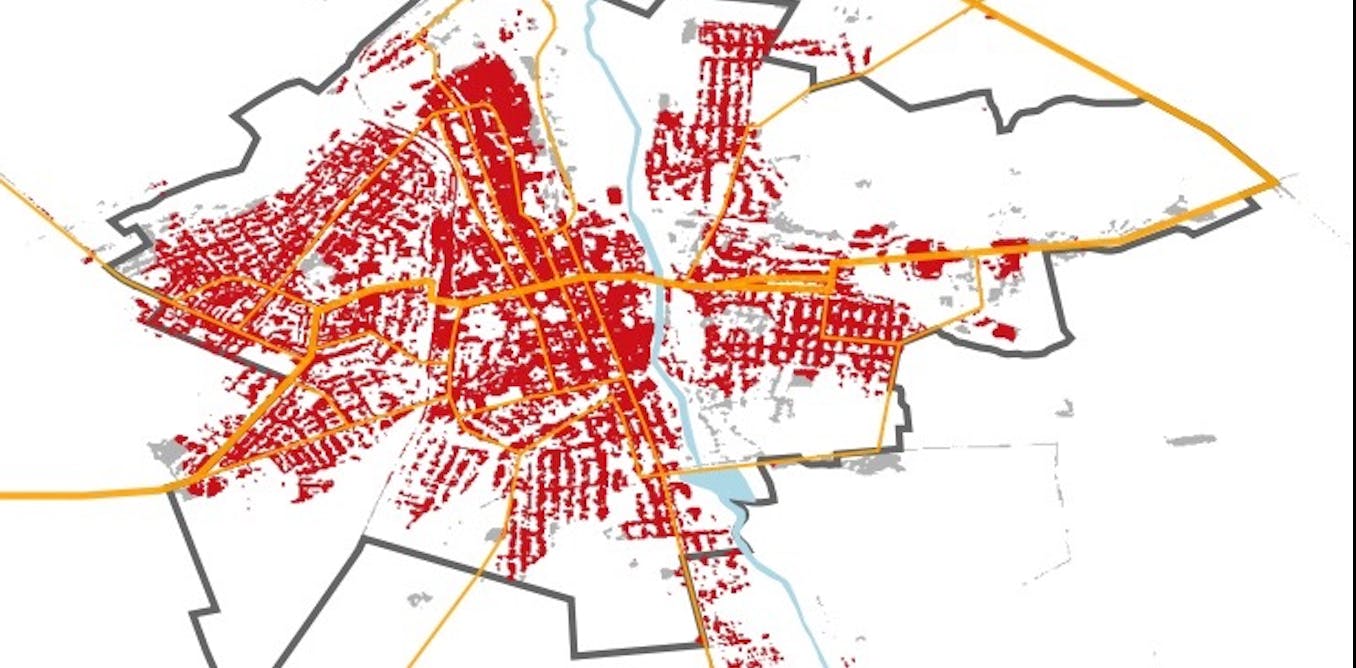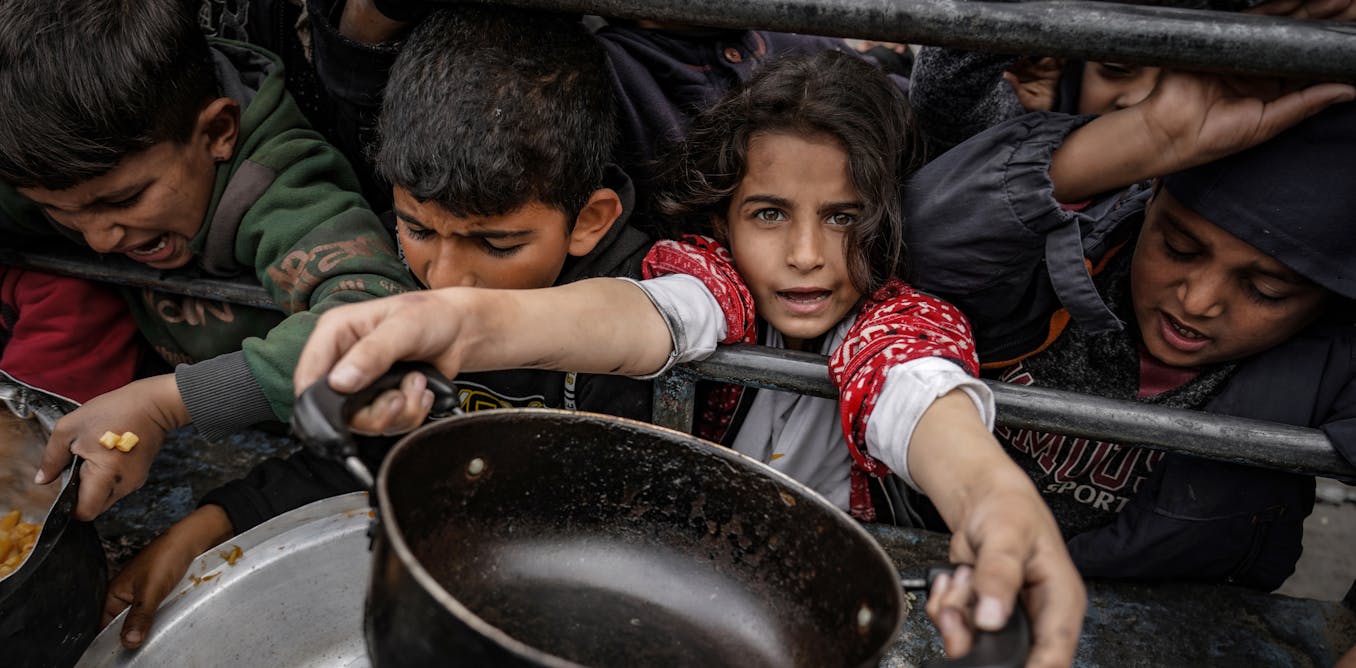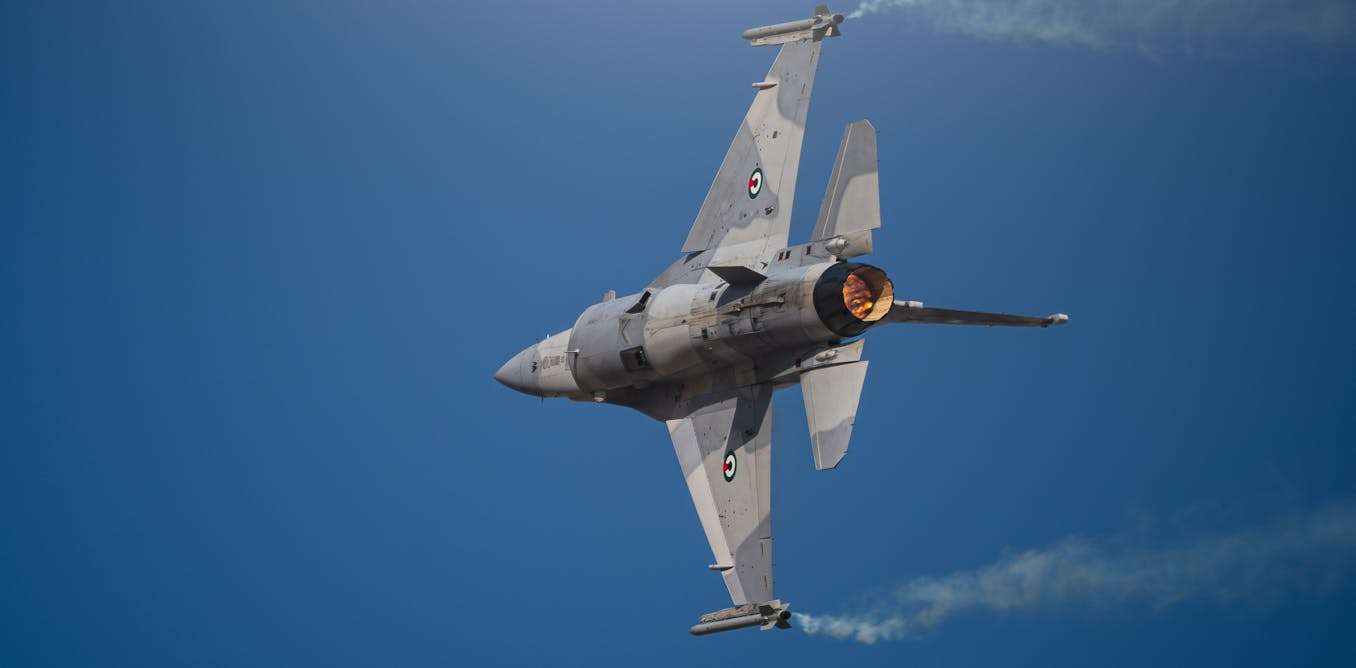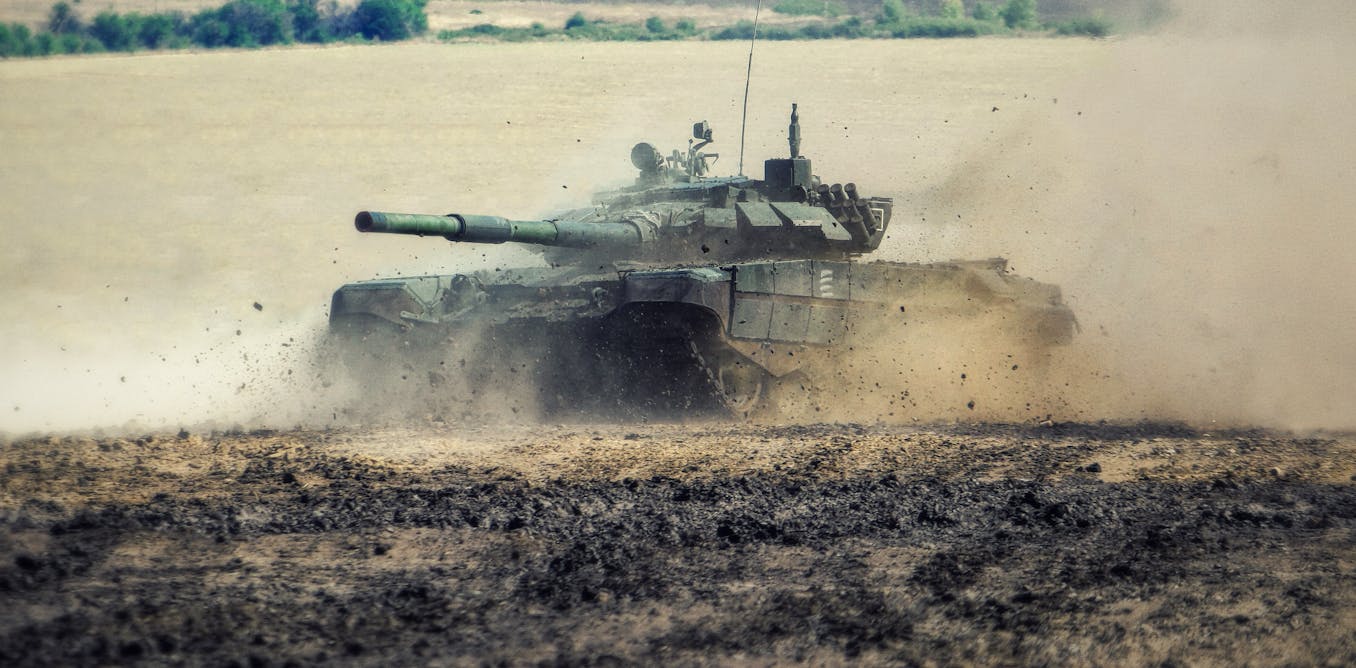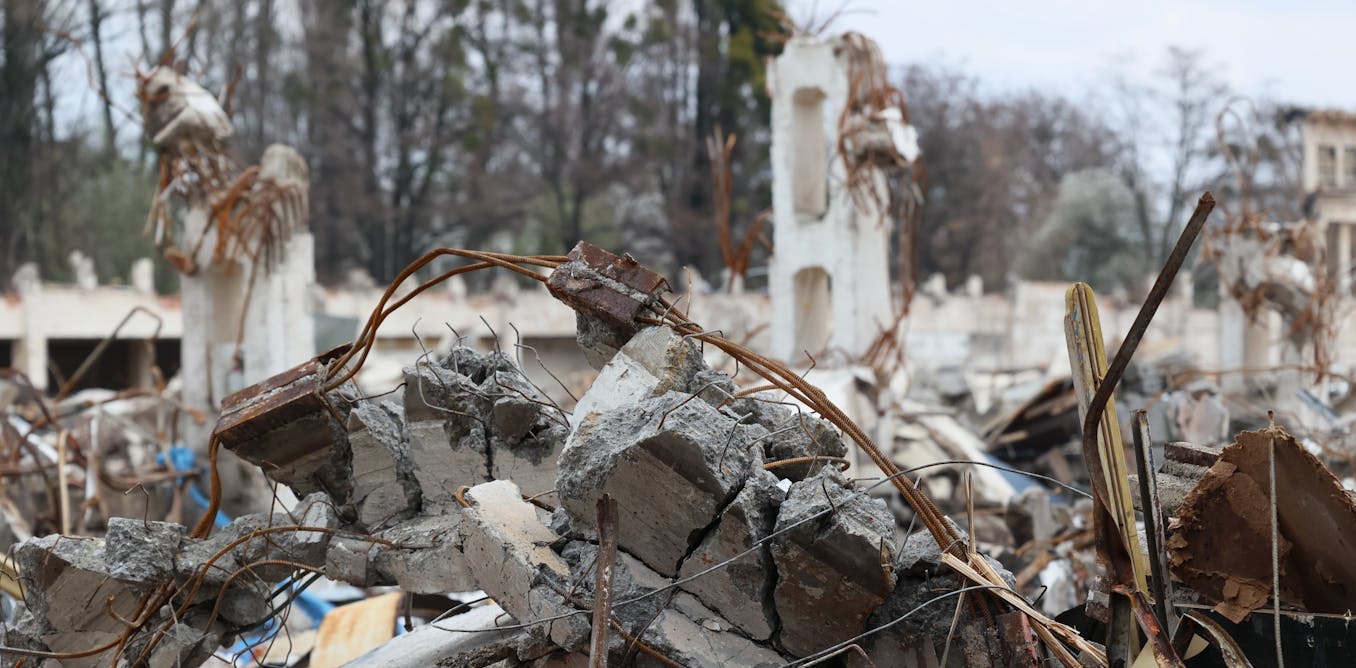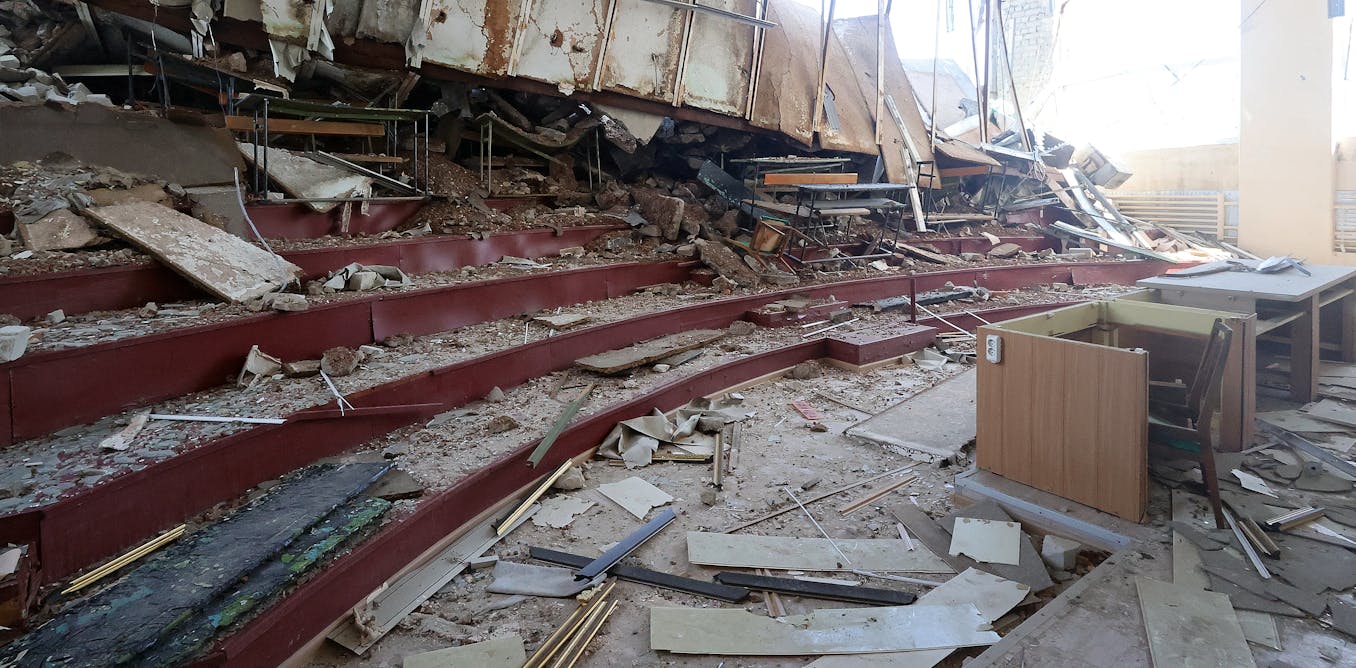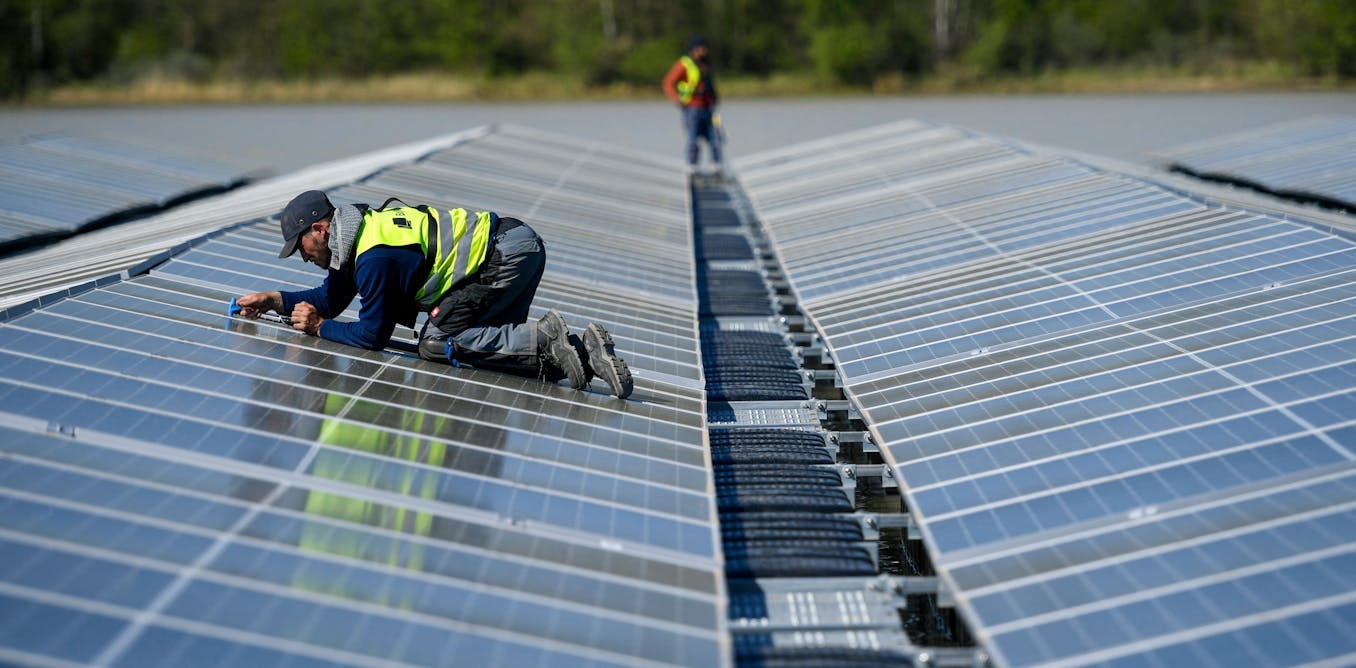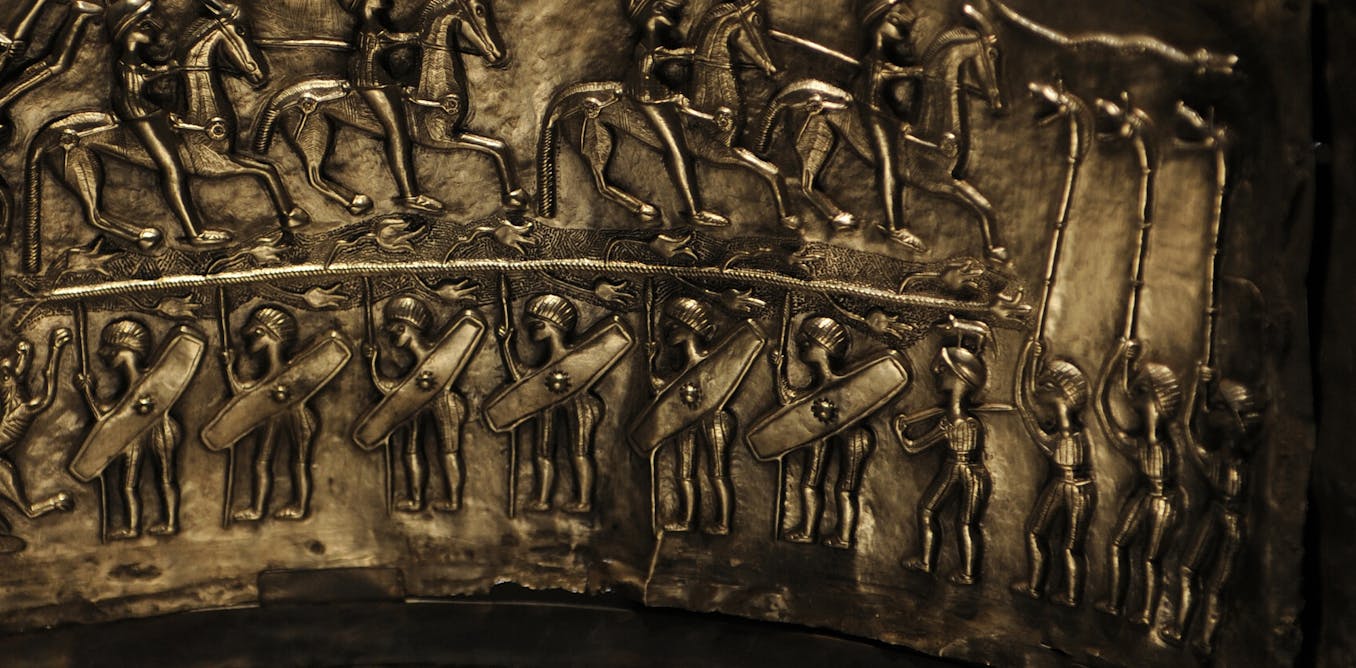War in Ukraine at 2 years: Destruction seen from space – via radar
Satellite photography of the Ukrainian city of Bakhmut shows block after block of destroyed buildings. Satellite radar provides a different view – a systematic look at the destruction of the whole city.
Feb. 23, 2024 • ~7 min

